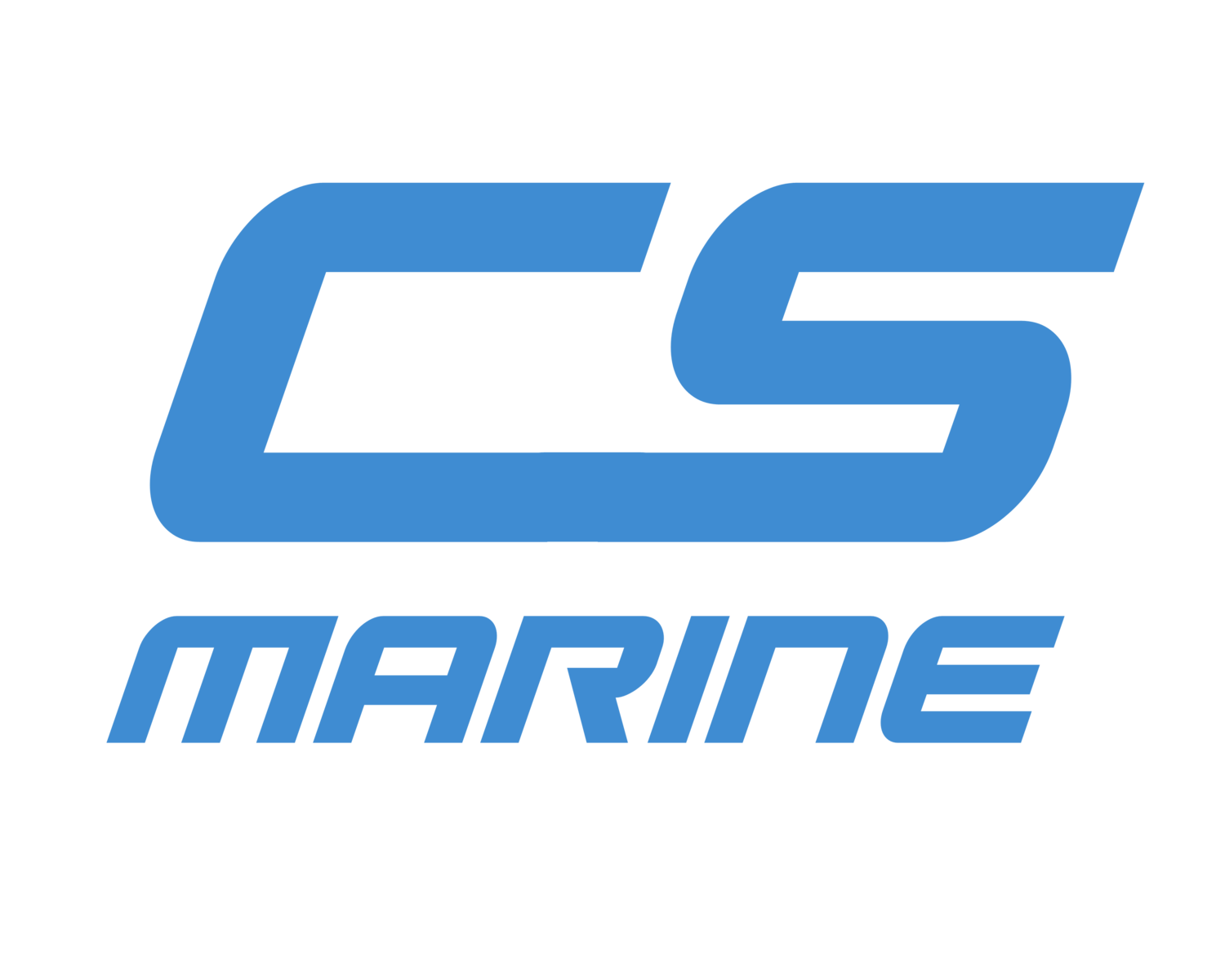July 10, 2020 1:30 PM
The following is the June 26, 2020 Congressional Research Service report, Navy Frigate (FFG[X]) Program: Background and Issues for Congress.
The FFG(X) program is a Navy program to build a class of 20 guided-missile frigates (FFGs). Congress funded the procurement of the first FFG(X) in FY2020 at a cost of $1,281.2 million (i.e., about $1.3 billion). The Navy’s proposed FY2021 budget requests $1,053.1 million (i.e., about $1.1 billion) for the procurement of the second FFG(X). The Navy estimates that subsequent ships in the class will cost roughly $940 million each in then-year dollars.
Four industry teams were competing for the FFG(X) program. On April 30, 2020, the Navy announced that it had awarded the FFG(X) contract to the team led by Fincantieri/Marinette Marine (F/MM) of Marinette, WI. F/MM was awarded a fixed-price incentive (firm target) contract for Detail Design and Construction (DD&C) for up to 10 ships in the program—the lead ship plus nine option ships.
The other three industry teams reportedly competing for the program were led by Austal USA of Mobile, AL; General Dynamics/Bath Iron Works (GD/BIW) of Bath, ME; and Huntington Ingalls Industries/Ingalls Shipbuilding (HII/Ingalls) of Pascagoula, MS.
Under the DD&C contact awarded to F/MM, Navy has the option of recompeting the FFG(X) program after the lead ship (if none of the nine option ships are exercised), after the 10th ship (if all nine of the option ships are exercised), or somewhere in between (if some but not all of the nine option ships are exercised).
All four competing industry teams were required to submit bids based on an existing ship design—an approach called the parent-design approach. F/MM’s design is based on an Italian frigate design called the FREMM (Fregata Europea Multi-Missione).
As part of its action on the Navy’s FY2020 budget, Congress passed two legislative provisions relating to U.S. content requirements for certain components of each FFG(X).
The FFG(X) program presents several potential oversight issues for Congress, including the following:
the potential impact of the COVID-19 (coronavirus) situation on the execution of U.S. military shipbuilding programs, including the FGFG(X) program;
the accuracy of the Navy’s estimated unit procurement cost for the FFG(X), particularly when compared to the known unit procurement costs of other recent U.S. surface combatants;
whether to fund the procurement in FY2021 of one FFG(X) (the Navy’s request), no FFG(X), or two FFG(X)s;
whether to build FFG(X)s at a single shipyard at any one time (the Navy’s baseline plan), or at two or three shipyards;
whether the Navy has appropriately defined the required capabilities and growth margin of the FFG(X).
whether to take any further legislative action regarding U.S. content requirements for FFG(X)s;
technical risk in the FFG(X) program;
the potential industrial-base impacts of the FFG(X) program for shipyards and supplier firms in the context of other Navy and Coast Guard shipbuilding programs.



